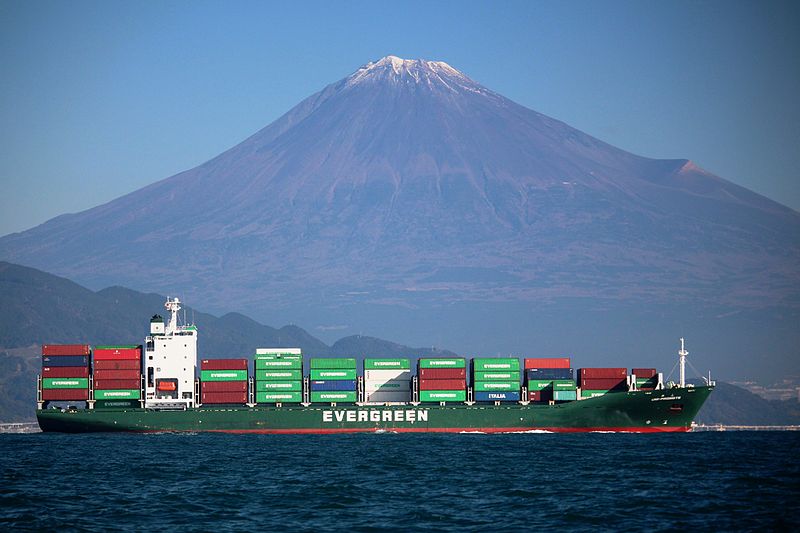Decarbonizing the maritime transport sector counts as one of the most important tasks in the energy transition. Each year, global shipping leaves an emissions trail greater than that of the world’s passenger car fleet. To green this sector, the maritime industry is seeking the most effective and viable solutions.
In FY2022, Japan’s CO2 emissions from the shipping sector were 10.1 million tons, which excludes oceangoing vessels that are not included in the national greenhouse gas inventory. Oceangoing shipping accounts for about 2% of total global emissions.
The International Maritime Organization (IMO) has set a goal to cut emissions by 40% in 2030 from 2008 levels. According to ClassNK, in order for Japan to meet this target, a quarter of its shipping fuel needs to avoid creating a CO2 footprint; and, the country needs new ‘zero emission’ ships.
Among the various clean energy solutions considered, the main one focuses on which fuel should replace the heavy marine fuel oil currently used by vessels. Candidates include ammonia and methanol, but there’s also talk of shifting to synthetic methane and bio-derived fuel options.
Among fuel alternatives, the degree of carbon reductions differ, as does the speed at which they can be introduced to the market. This analysis assesses the readiness of new shipping fuel candidates in the regulatory, ship development and supply aspects.

